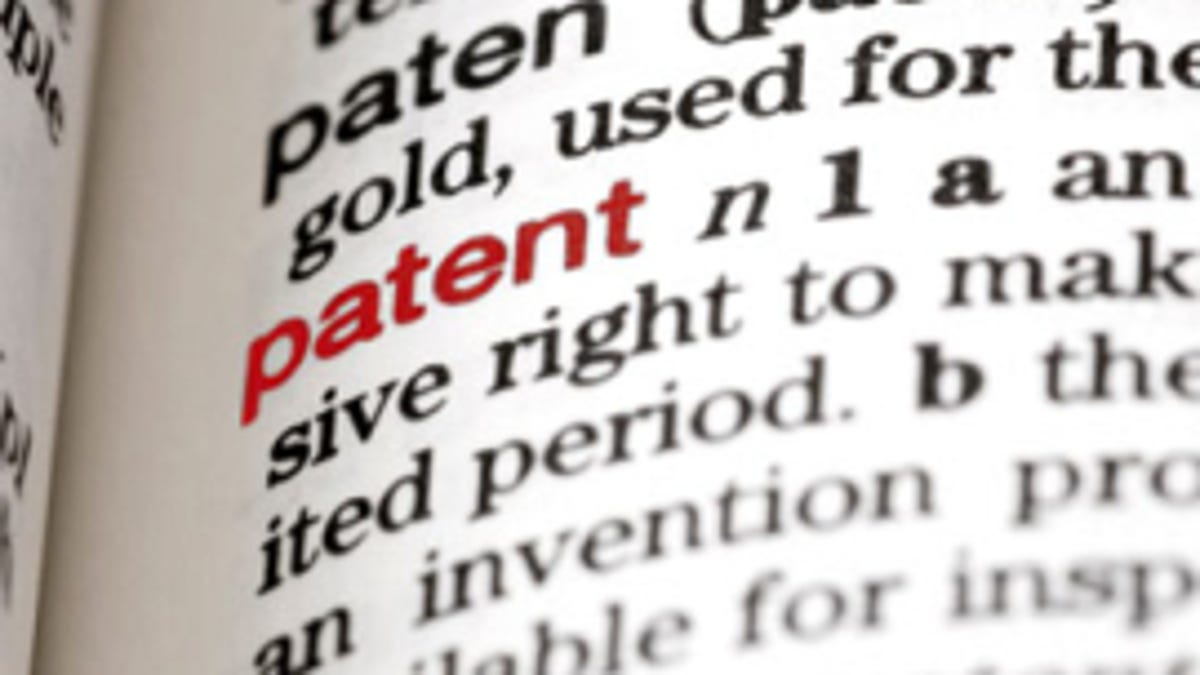Court: Motorola can't enforce essential patents against Apple
The Karlsruhe Higher Regional Court says Motorola Mobility cannot use its standard, essential patents to block iPhone or iPad sales in Germany.

Apple just scored an important victory in its ongoing patent battle with Motorola Mobility.
The Karlsruhe Higher Regional Court earlier today ruled that Motorola Mobility will not be allowed to enforce its standard, essential patents against Apple in Germany as long as the companies are engaged in an appeal to an earlier ruling. FOSS Patents was the first to report on the development.
An Apple spokeswoman today directed CNET to an earlier statement the company made, claiming Motorola Mobility is abusing the patent system.
"Motorola repeatedly refuses to license this patent to Apple on reasonable terms, despite having declared it an industry standard patent," the spokeswoman said. "We think it's an abuse of the patent system to use a standards essential patent to block the import and sale of a competitor's product, and Apple has never used standards essential patents in that way."
The prior ruling came down earlier this month when a German court determined that Apple's
Following the ruling, Apple appealed the decision to a German court, saying that Motorola did not try to license the 3G patents on fair terms. The appeal quickly brought the devices back to German store shelves.
"Apple appealed this ruling because Motorola repeatedly refuses to license this patent to Apple on reasonable terms, despite having declared it an industry standard patent seven years ago," an Apple spokeswoman told CNET at the time.
Motorola wouldn't comment on the negotiations it may have conducted with Apple. The company instead focused its statement on the earlier ruling.
"We are pleased that the Mannheim court has recognized the importance of our intellectual property and granted an enforceable injunction in Germany against Apple Sales International," a Motorola spokeswoman said. "Although the enforcement of the injunction has been temporarily suspended, Motorola Mobility will continue to pursue its claims against Apple."
Today's ruling gives Apple a reprieve against potential bans on its products. It also means Motorola might have an exceedingly difficult time getting Apple products banned unless they're based on alleged violation of nonessential patents.
That happened last week when Apple was forced to turn off push e-mail in both iCloud and MobileMe in Germany. The move followed a German court's ruling, saying that Apple's push e-mail technology violated a patent Motorola holds. Apple claims the Motorola patent is "invalid and is appealing the decision."
But it's Motorola's FRAND licensing that has been the subject of much debate. Apple has argued time and again that Motorola does not license on fair terms, and last week, Microsoft filed a formal complaint with the European Commission making the same argument.
"In legal proceedings on both sides of the Atlantic, Motorola is demanding that Microsoft take its products off the market, or else remove their standards-based ability to play video and connect wirelessly," Microsoft vice president and deputy general counsel Dave Heiner wrote in a blog post last week. "The only basis for these actions is that these products implement industry standards, on which Motorola claims patents. Yet when the industry adopted these standards, we all were counting on Motorola and every contributor to live up to their promises."
Heiner said that Motorola, which holds 50 patents related to the video standard H.264, forces Microsoft to pay $22.50 in royalties for each $1,000 laptop. The 29 other companies that hold essential H.264 patents charge Microsoft just "2 cents for use of more than 2,300 patents," Heiner claims.
Motorola did not immediately respond to CNET's request for comment.
Update 10:26 a.m. PT to include Apple's comment.

